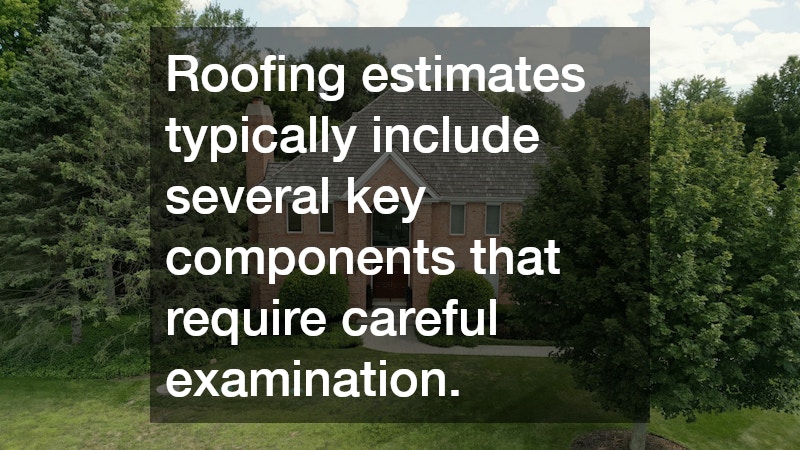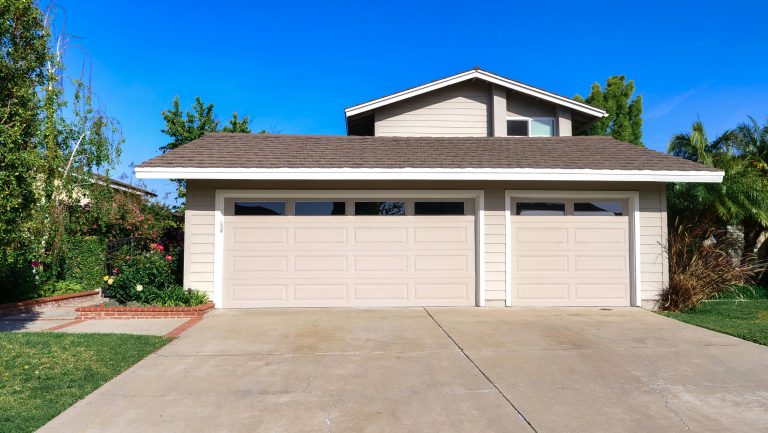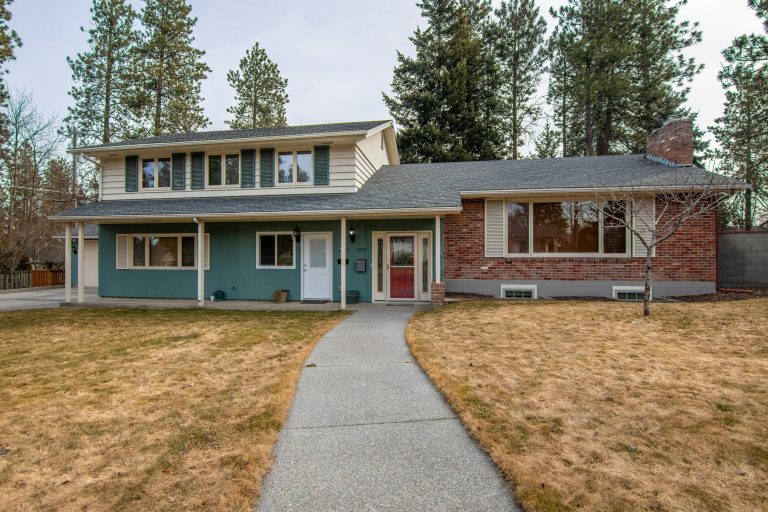

When you decide to undertake a roofing project, receiving an estimate is one of the first steps in the process. It serves as a crucial document that outlines expected costs and project scope. Understanding the components of a roofing estimate is essential for making informed decisions and avoiding unexpected expenses.
An effective roofing estimate should provide a detailed breakdown of costs associated with labor, materials, and other expenditures. It’s important to scrutinize these details to ensure that everything necessary for your project is included. Missing or ambiguous items could potentially lead to misunderstandings and additional charges.
Evaluating multiple estimates is an advisable approach if you aim to find the best value and quality service. By comparing different offers, you gain insight into industry standards and average pricing. This practice can also help you recognize unreasonable bids and prevent you from overpaying for your roofing needs.
Deciphering Key Components in Roofing Estimates
Roofing estimates typically include several key components that require careful examination. One of the essential elements is the cost of materials. This not only encompasses the type and quantity of roofing materials but also details about their quality and longevity.
Another critical component is the labor cost involved in the project. Roofing labor can vary significantly based on the complexity of your roof’s design, its pitch, and the overall size. Ensure that the estimate specifies whether this cost includes removal of the old roof, installation, and any necessary waste disposal.
It is also vital to look for additional services or contingencies in the estimate. This might cover warranties, permits, and the timeframe for project completion. Having clarity in these areas prevents unexpected delays and provides a financial safeguard should issues arise during the roofing process.
Evaluating the Quality of Materials and Workmanship
When scrutinizing your roofing estimate, pay special attention to the quality of materials to be used. High-quality materials, though possibly more expensive upfront, can save you money in the long run by reducing repair and replacement frequency. Always inquire about the brands and specifications to ensure they meet industry standards.
Workmanship quality is another factor that influences the overall success of your roofing project. A detailed estimate should include qualifications of the labor force and any certifications they possess. Investing in experienced professionals can mitigate future problems and ensure a well-executed job.
Additionally, warranties on workmanship are often included in reliable estimates. These warranties can vary from a few years to a lifetime, depending on the contractor’s policies and reputation. Ensure that the coverage is clearly mentioned in writing and understand the claim process in case any faults emerge post-installation.
Considering Factors that Affect the Estimate Cost
Several factors can influence the cost portrayed in your roofing estimate. Geographic location is one such factor, affecting material prices and availability. Labor costs can also fluctuate based on local demand and cost of living, impacting the overall estimate.
The complexity of your roof is another crucial factor contributing to the estimate cost. Architectural intricacies, steep pitches, and complex layouts may require additional resources and labor, hence driving up prices. Simplifying your roofing design can sometimes offer cost-saving opportunities.
Timing and seasonality can additionally affect roofing cost estimates. Roofing projects often see a price surge during peak seasons, typically in late spring and summer, due to higher demand. Scheduling your project during off-peak months can yield better pricing and greater contractor availability.
Finalizing Your Decision with a Comprehensive Review
After reviewing all elements of your roofing estimate, take a comprehensive approach before finalizing your decision. Verify the contractor’s licenses, insurance, and customer reviews to ensure reliability and professionalism. Securing all relevant documentation is key to avoiding future legal and financial complications.
Clarify and confirm all terms and conditions outlined in the estimate, ensuring no hidden fees or arbitrary changes. Open communication with your contractor fosters trust and contributes to smoother project execution. Establishing a clear line of communication can resolve doubts promptly and align expectations.
Ultimately, understanding and accurately interpreting your roofing estimate empowers you to make informed decisions. Being meticulous about the all-inclusive cost breakdown allows you to budget more effectively and avoid unforeseen expenditures. With thorough analysis, you can ensure that your roofing project proceeds seamlessly and successfully.








